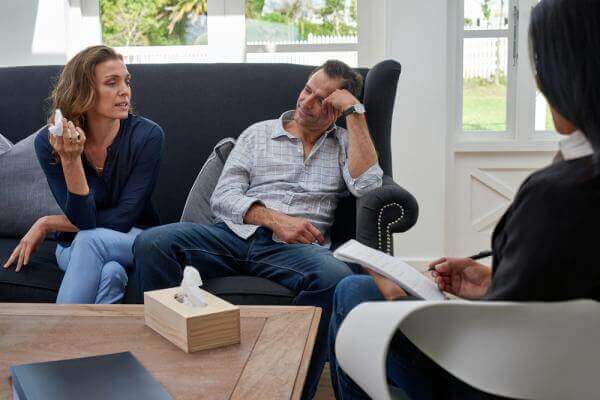
A new agreement to improve the system of care and support for people in a mental health crisis has been signed by the Welsh Government, police forces, the NHS, councils and other agencies today.
The crisis care concordat commits the organisations which have signed up to work together to intervene early and, if possible, to decrease the likelihood of people posing a risk to themselves or others as a result of a mental health condition.
A fundamental aspect of this approach are new proposals to reduce the use of police custody for people suffering with mental health problems. Those with suspected mental health issues who are detained under the Mental Health Act should be assessed within three hours and not be held in police custody for more than 12 hours.
All organisations which sign the concordat have made a commitment to find the most appropriate support required for people in whatever situation and whichever service an individual turns to, ensuring that any intervention is carried out without any inappropriate placement; such as within police custody.
Health and Social Services Minister, Mark Drakeford said:
‘This new agreement is about providing the most appropriate care and support to those facing a mental health crisis, whatever the time, every day of the year.
‘It is about all those who have signed up working closely together so we avoid people being wrongly kept in a police cell and instead being given access to the right treatment for them. I am delighted this deal has brought together so many organisations that have a vital role to play.’
Jon Stratford, assistant chief constable, South Wales Police commented:
“Too many people end up in police cells when detained for their own or others’ safety under the Mental Health Act instead of receiving appropriate support and help. We welcome the development of the crisis care concordat.
‘The signing of today’s agreement is an important step in improving how all agencies work together to protect vulnerable people.’
Sara Moseley, director of Mind Cymru and chair of the Wales Alliance on Mental Health, added:
“When you are in crisis you are at your most vulnerable. You may be experiencing delusions or hallucinations, you might be suicidal or self-harming, it can be very frightening ‘ you need the right help urgently.
‘A police cell is a completely inappropriate environment in which to receive that care and support. Mind has been campaigning for action on reducing the use of police cells for people in crisis for many years. Bringing together so many agencies including the police, the NHS and the third sector is a great achievement and shows how determined we are to create change.
‘This is a crucial first step. There’s a lot more to do to make sure that anyone experiencing a mental health crisis gets the right care. We need to make sure that mental health services can cope with demand and get people the help they need early on to prevent them reaching crisis point in the first place. Great crisis care exists but we need to make sure it exists for anyone in Wales who needs it.”


















